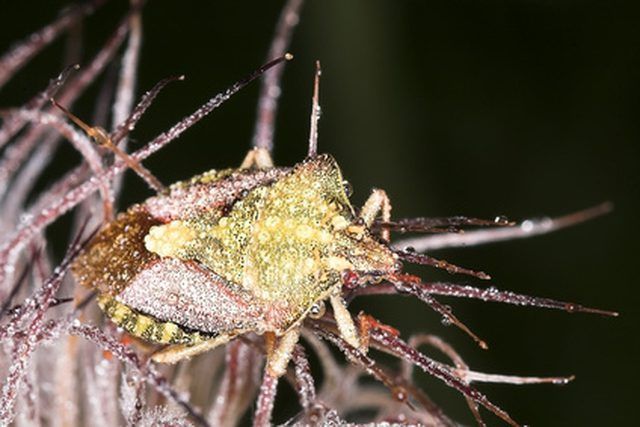Bulbs
Flower Basics
Flower Beds & Specialty Gardens
Flower Garden
Garden Furniture
Garden Gnomes
Garden Seeds
Garden Sheds
Garden Statues
Garden Tools & Supplies
Gardening Basics
Green & Organic
Groundcovers & Vines
Growing Annuals
Growing Basil
Growing Beans
Growing Berries
Growing Blueberries
Growing Cactus
Growing Corn
Growing Cotton
Growing Edibles
Growing Flowers
Growing Garlic
Growing Grapes
Growing Grass
Growing Herbs
Growing Jasmine
Growing Mint
Growing Mushrooms
Orchids
Growing Peanuts
Growing Perennials
Growing Plants
Growing Rosemary
Growing Roses
Growing Strawberries
Growing Sunflowers
Growing Thyme
Growing Tomatoes
Growing Tulips
Growing Vegetables
Herb Basics
Herb Garden
Indoor Growing
Landscaping Basics
Landscaping Patios
Landscaping Plants
Landscaping Shrubs
Landscaping Trees
Landscaping Walks & Pathways
Lawn Basics
Lawn Maintenance
Lawn Mowers
Lawn Ornaments
Lawn Planting
Lawn Tools
Outdoor Growing
Overall Landscape Planning
Pests, Weeds & Problems
Plant Basics
Rock Garden
Rose Garden
Shrubs
Soil
Specialty Gardens
Trees
Vegetable Garden
Yard Maintenance
How to Kill Chinch Bugs Naturally
How to Kill Chinch Bugs Naturally. Chinch bugs are a small bug that can cause damage to your lawn. They are common during the springtime, but can be prevalent during the fall as well. When the bugs are nymphs, an early stage of the bug's development, they can eat the grass in your lawn and cause significant damage. You can use a commercial...

Chinch bugs are a small bug that can cause damage to your lawn. They are common during the springtime, but can be prevalent during the fall as well. When the bugs are nymphs, an early stage of the bug's development, they can eat the grass in your lawn and cause significant damage. You can use a commercial pesticide to treat chinch bugs in your yard, but these can be expensive and often use toxic chemicals you may want to avoid using around your home. Another option is to make your own pesticides using common household ingredients or purchase nontoxic treatments that are less expensive and chemical-free.
Things You'll Need
Water
Plastic milk carton
Natural liquid soap
Spray bottle
Diatomaceous earth
Bucket
White flannel cloth
Bag
Method One
Place one gallon of room-temperature water into a storage container, such as a clean plastic milk carton.
Add 2 tbsp. natural liquid soap and 2 drops of olive oil (Resource 1). Mix thoroughly.
Place some of the mixture into a spray bottle. The rest can be kept in the milk carton until a future use and will keep for three to four months.
Spray the mixture onto plants that are infested with chinch bugs to kill them.
Method Two
Purchase diatomaceous earth. Diatomaceous earth is a powder made of ground-up fossils. Make sure you purchase the garden or food-grade quality, which you can purchase at your local garden-supply store.
Sprinkle the diatomaceous earth onto the lawn.
Leave the powder to kill the chinch bugs. It dries their exoskeleton up and suffocates them. You can reapply the diatomaceous earth after it rains if you find you still have an infestation.
Method Three
Mix one part natural liquid soap to three parts water in a large bucket. The amount of the mixture will depend on the size of the area you wish to treat.
Pour the soap mixture over the area you want to treat. Thoroughly soak the area.
Cover the area with a white flannel cloth, such as a tablecloth.
Leave the cloth in place for an hour and then lift the cloth. The chinch bugs will have climbed up and onto the cloth to get out of the wet ground.
Dispose of the cloth in a sealed bag and throw it away.